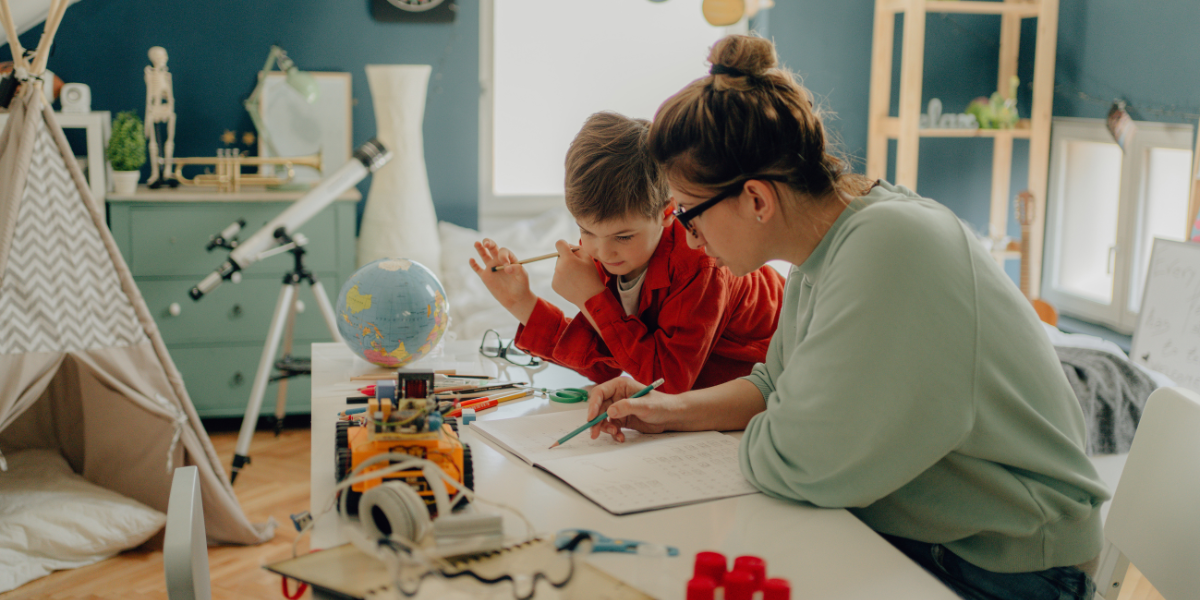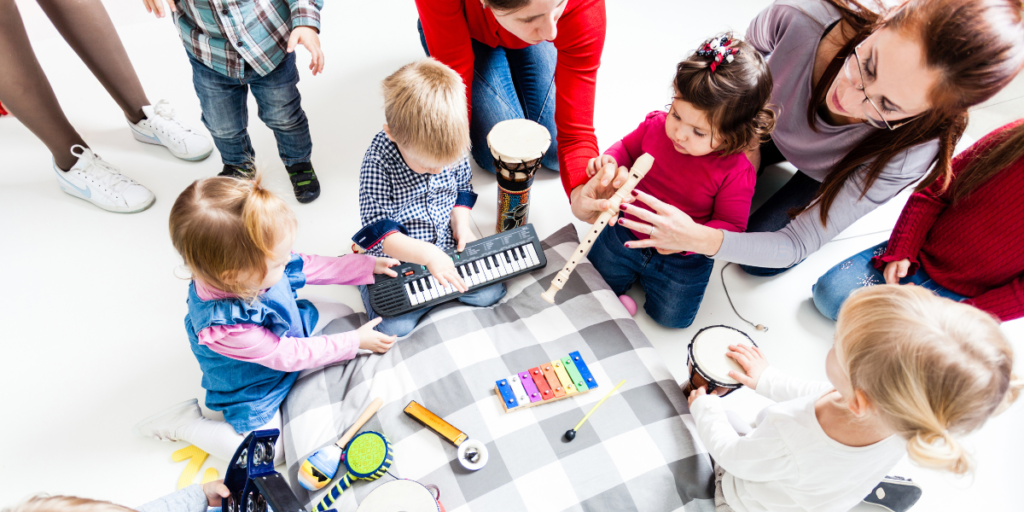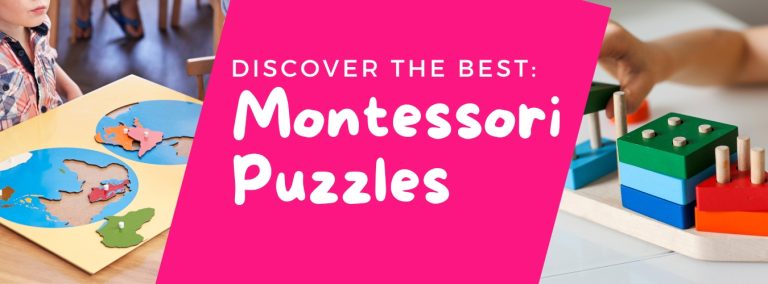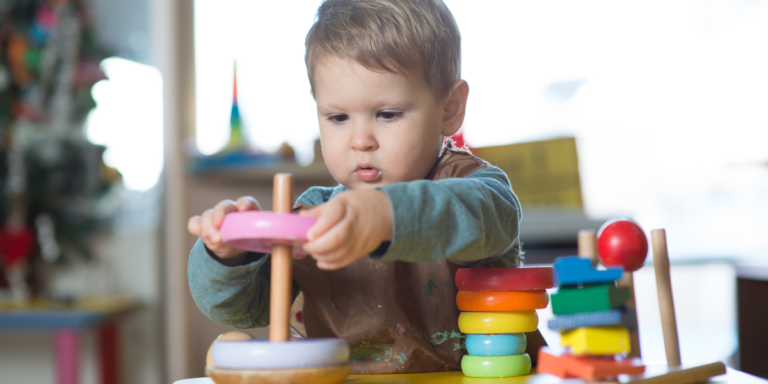Montessori Cultural Materials: Helping Kids Learn About the World Around Them

As educational practices continue to evolve, the Montessori approach has gained popularity for its child-centered, holistic approach to learning. One key aspect of Montessori education is the use of cultural materials, which aim to help young learners understand and appreciate the diverse world around them.
What are Montessori Cultural Activities?
Montessori cultural activities involve teaching children about the world around them, including geography, history, culture, ecology, and the environment. By using Montessori cultural materials, children are able to engage in hands-on learning experiences that help them explore and understand these concepts more deeply.
Through Montessori cultural activities, children are encouraged to discover the interconnectedness of the world and how different cultures affect each other. This approach to learning nurtures an understanding and respect for the environment and its inhabitants. Furthermore, it equips children with the necessary tools to become global citizens who are aware of their impact on the world.
Geography: Countries, Climates, & Landforms
Using hands-on interactive Montessori materials, children learn about different countries, continents, oceans, and landforms. They draw maps, label and identify mountain ranges, rivers, and deserts using puzzle maps and globes. By exploring the geography of the world, children develop a sense of global awareness and begin to appreciate cultural diversity.
History: Timelines, World Cultures, & Famous Landmarks
In the Montessori educational system, history is considered an important aspect of cultural studies. Children are introduced to timelines, world cultures, and famous landmarks at an early age. Through the use of Montessori cultural materials, children are able to gain a deeper understanding of the past and how it has shaped the present.

Botany: Plant Parts, Classification, & Care
In the Montessori Cultural Studies curriculum, Botany is a key subject that provides children with an understanding of plant life. Montessori cultural materials and hands-on activities teach children about the parts of plants, plant classification, and care. These activities give children the opportunity to explore plant life and gain a deeper appreciation for nature. Using Montessori materials, children learn the importance of taking care of plants and how essential they are to our environment. This knowledge helps children to develop a sense of responsibility towards nature and encourages them to become environmental stewards.
Zoology: Animal Kingdom, Animal Parts, & Classification
Zoology is an exciting aspect of Montessori cultural studies that focuses on the animal kingdom. Through hands-on activities, children learn about the different parts of animals, their functions, and how they are classified into different groups.
Botany and Zoology often go together, as students learn about plants and animals in their environment. The classroom environment is home to plants and animals, which the children care for and observe as part of their education.
By understanding the animal kingdom, students develop a deeper understanding and appreciation for their ecosystem and how the different parts of the environment work together to sustain life. This understanding helps students to make more informed decisions about their actions and how they can contribute to protecting the environment. Through Montessori’s approach to teaching about the environment, children become responsible global citizens who care about the earth and all its inhabitants.
The Benefits of Montessori Cultural Activities for Children
Through exploring different cultural activities such as maps, music, food, and artifacts, children learn to appreciate and respect different cultures and people. In addition, Montessori cultural materials teach kids important skills such as concentration, self-control, and motivation.
By delving into everyday practices and routines from around the world, children gain a deeper understanding of human similarities and differences. In all of these areas, cultural materials provide a way for children to learn through exploration and discovery, helping them to develop a deeper understanding of the world and their place in it. Overall, the benefits of Montessori cultural activities are numerous, including increased cognitive development, enhanced cultural awareness, and improved critical thinking skills.
The Bottom Line
Through the Montessori cultural studies program, students gain a comprehensive understanding of the world and how it functions. They also learn about their role as global citizens and are inspired to care for the environment and preserve the planet for future generations. Overall, Montessori cultural activities are beneficial for children as they cultivate a love for learning and inspire them to become informed and engaged members of society.





